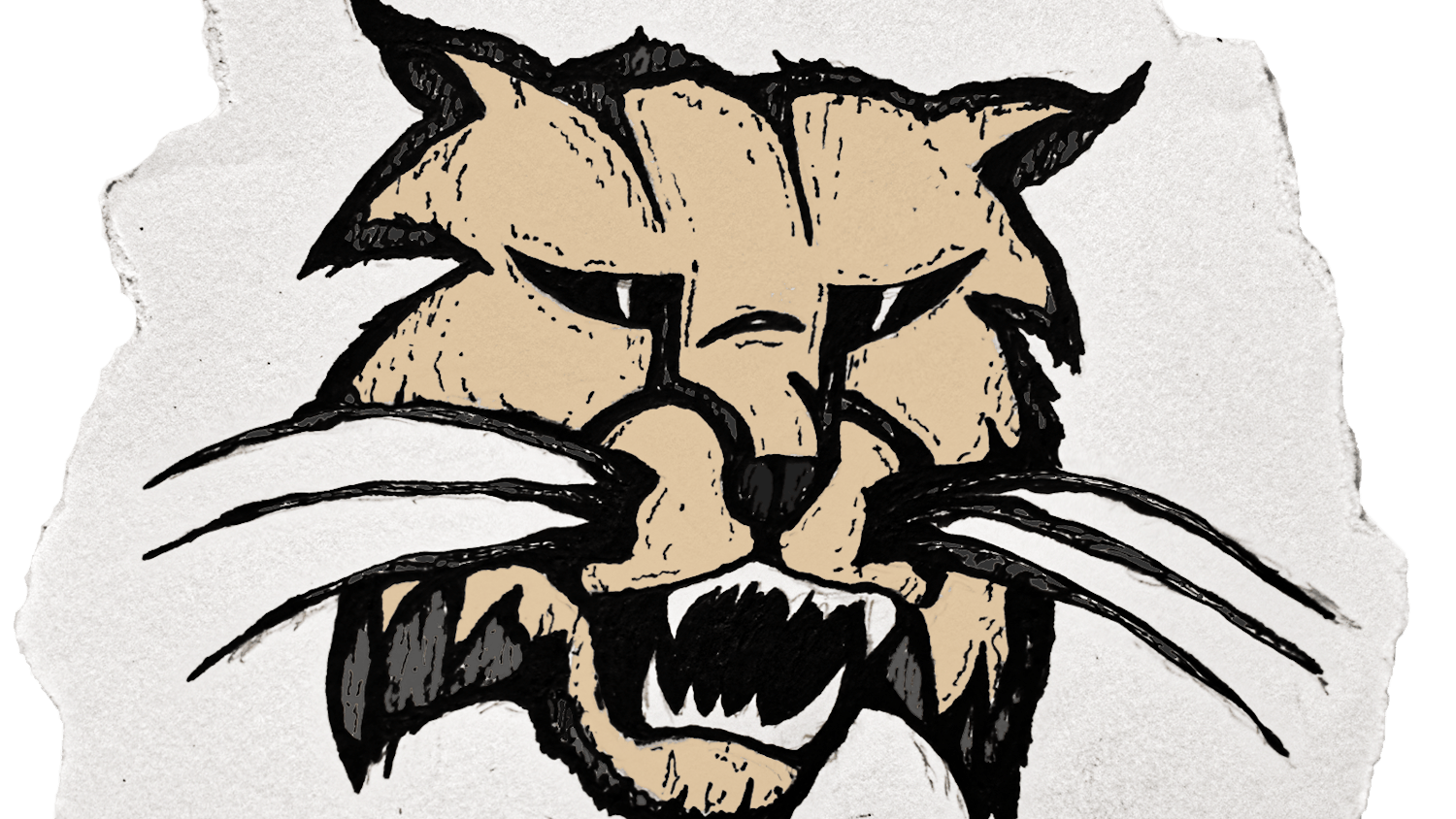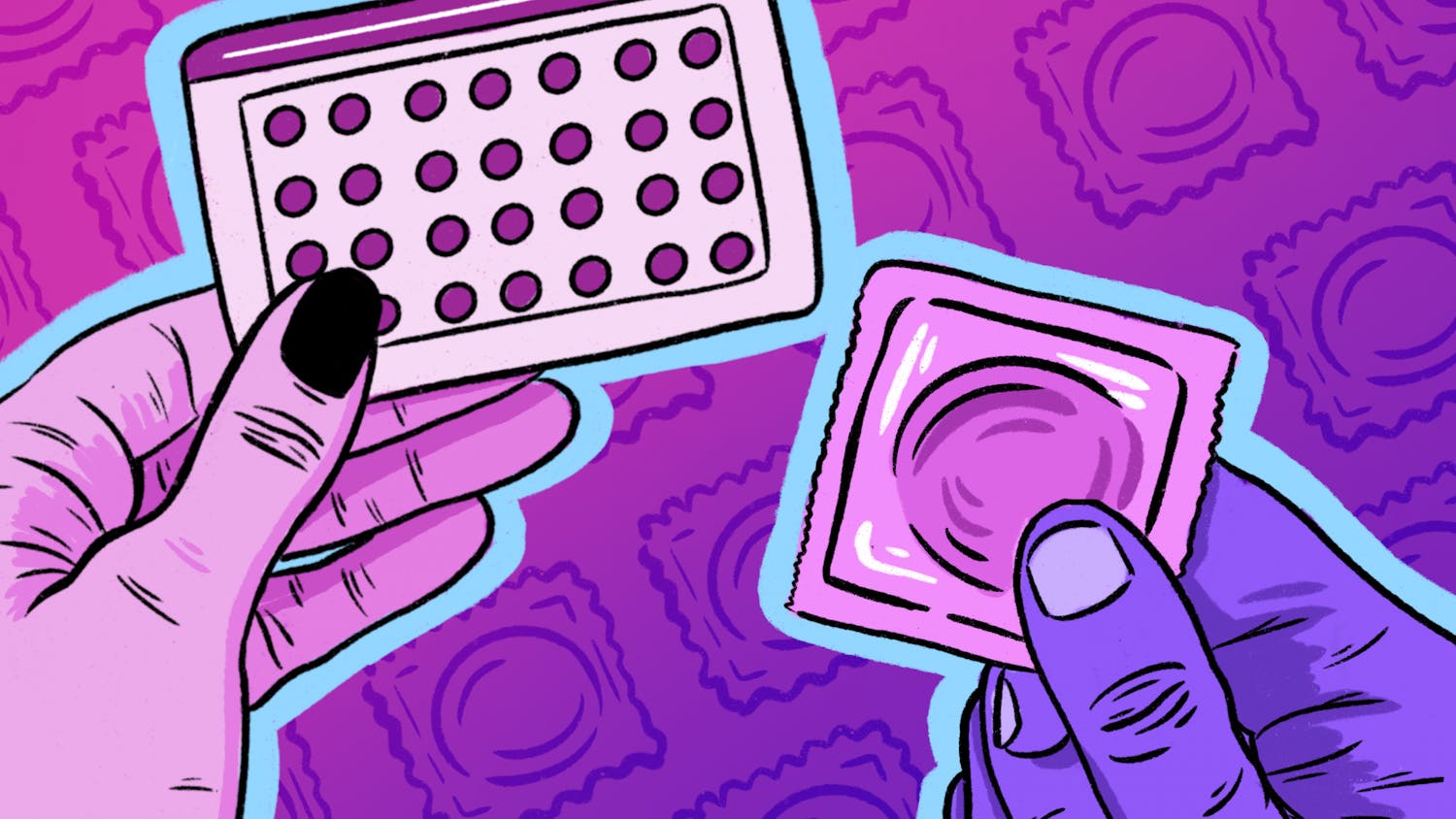Pretty may hurt, according to Beyoncé, but it also helps. People deemed to be objectively attractive have a leg-up across multiple sectors of life, including in school, jobs, dating and even health. For that reason, the theory of “pretty people privilege” exists.
Pretty people privilege can be defined as “unearned benefits awarded to those whose physical appearance resembles societal standards of physical attractiveness,” according to a master’s thesis from Smith College.
“‘Pretty’ is subjective and means different things for different groups of people,” writer, TV host and activist Janet Mock wrote in a column for Allure. “Still, there are shared, agreed-upon commonalities. ‘Pretty’ is most often synonymous with being thin, white, able-bodied and cis(gender), and the closer you are to those ideals, the more often you will be labeled pretty — and benefit from that prettiness.”
Kimberly Rios, a professor of psychology at Ohio University, said there have been psychological studies proving the existence of pretty privilege.
“There is a lot of research in my field, which is social psychology, that can speak to this idea,” Rios said. “There are classic studies showing that people who are judged as more physically attractive are also judged as being better people overall. We call that a halo effect.”
According to Psychology Today, the halo effect is a mental bias that prioritizes first impressions. The halo effect causes an initial positive judgment or assumption about someone unknowingly changes how they’re perceived as a whole. Thus, if people are considered beautiful, that positive association can help how they are seen.
Erin Bishop, a sophomore studying media and social change, came highly recommended as an interviewee. People often tell her she’s attractive, and she admitted it can become annoying. Bishop referenced a viral video of Madison Beer saying it was exhausting to have people constantly tell her she was pretty.
“At first when (Beer) said that, everyone’s like, ‘What in the world is she talking about?’” Bishop said. “But, like, I get it. I get what she’s talking about. Because sometimes it’s just not what I want to hear.”
Nevertheless, Bishop believes pretty privilege exists, and she has experienced it firsthand.
“I definitely experience the positive effects of being pretty,” Bishop said. “Like, I do content creation, and I’ve gotten brand deals. And I would like to think that it’s because of my personality, but, honestly, I believe that it partially has to do with the way I look too.”
Fellow attractive person Maria Welch, a senior studying specialized studies, holds the opinion that pretty privilege only works for those considered pretty by society’s standards.
“It might work for you, it might not,” Welch said. “Even if someone sees me as pretty, someone else might not. So it’s … like an iffy situation, I feel like. It could be useful, but it’s definitely damaging to society.”
Welch’s personal beauty benefits have included receiving free drinks at bars, skipping ahead in lines and having people offer to purchase her things. However, her pretty person experience as a dark-skinned Black woman may differ from that of other pretty people.
“Because I am a dark-skinned woman, it’s different, because Black women have been seen for a while as less-than, and not only in just looks (and) attractiveness, just in everything,” Welch said. “I think that it really kind of goes to show that the beauty standards and pretty privilege (are) only set to the standards of what society believes.”
The concept of pretty privilege has layers. Rios stated that pretty privilege, like other issues in psychology, is both instinctual and learned.
“There are different aspects of facial features and, well, this is culturally specific and contextual, but of certain body types that are found to be more inherently attractive than others (in scientific research),” Rios said. “But, that said, I think that there are a lot of socially constructed notions of attractiveness.”
It is also worth noting that, according to a scientific article published in Scientific Reports, there is an agreement across cultures on what — or who — is considered attractive.
According to Business Insider, attractive people are more convincing, and both Bishop and Welch have consciously used their pretty people powers of persuasion.
“It sounds terrible,” Bishop said. “It’s so easy to get a guy to do something for you when you know that they think you’re attractive. It’s kind of manipulative but, like, if it’s something I can use to my advantage then why not work smarter not harder?”
Being pretty isn’t all free drinks and pseudo-compulsion, though. A scientific article in the Journal of Risk and Uncertainty uncovered the beauty penalty, where attractive people tend to be punished for not reaching the higher standard placed upon them due to bias. FirstRand also noted the damaging yet wide-held notion that pretty people essentially live perfect lives and have cruel personalities. As a result, when something awful happens to someone pretty, people are less likely to be sympathetic.
“If someone who wasn’t conventionally attractive heard me say (there are downsides to being attractive) they’d be like, ‘Oh my God, shut up,’” Bishop said. “But, it’s kind of like people see you as what you look like on the outside instead of focusing more on stuff that you are on the inside.”
Welch agreed with Bishop that there are downsides to everything, including being pretty.
“I think that people could get jealous or … just mean toward you because you’re attractive,” Welch said. “That definitely happens.”
On an entertainment and culture level, the side effects of pretty privilege are displayed in whirlwind makeover montages in teen movies and, potentially, as noted in a Vice article, the coddling of serial killers.
Rios said pretty privilege is harder to study because of its subjective nature, but that it exists nevertheless.
“It is hard … to quantify and really define physical attractiveness,” Rios said. “But, that said, there is a lot of evidence that using definitions of physical attractiveness that have consensus in societies, we tend to see these phenomena. And I think pretty privilege, much like privilege that other groups in society — so, white people, men, cisgender, heterosexual people — enjoy, it can come with a lot of the same benefits.”
The world may be somewhat shallow, Rios said, but beauty is subjective. Beauty standards change based on culture, personal preference and many other factors.
“Honestly, at the end of the day, everyone is beautiful in their own way,” Bishop said. “Beauty standards change so often. I’m sure the way I look is going to be ‘out’ in, like, 10 years and there’ll be a new beauty standard and a new generation of people who have pretty privilege. So it’s honestly better to just stick with who you are. There’s going to be someone out there who thinks you’re perfect the way you are, if not yourself.”






